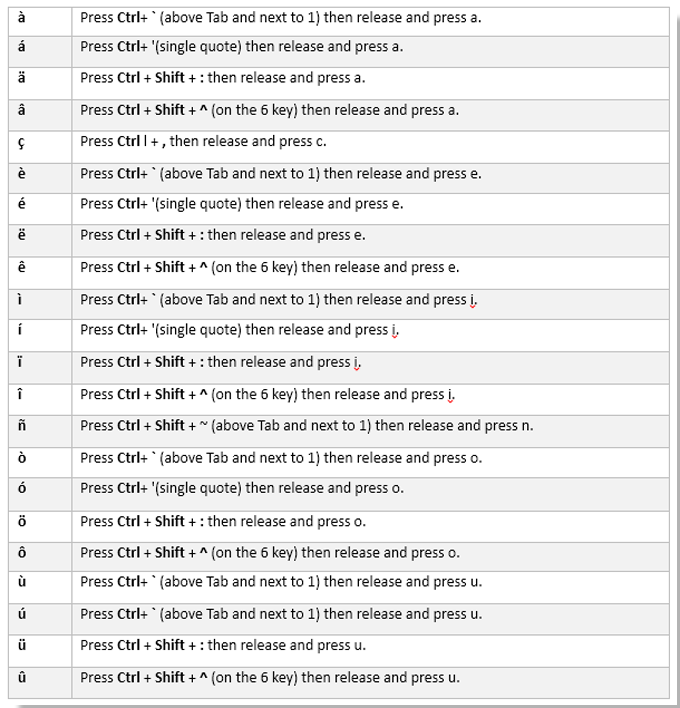

"È" can be typed by pressing Alt+ 0 2 0 0 or Alt+ 2 1 2. Microsoft Windows user's computer can type an "è" by pressing Alt+ 0 2 3 2 or Alt+ 1 3 8 on the numeric pad of the keyboard.It can also combine with "Ê" to form "Ề". È ( è) is used in Vietnamese to represent the letter "E" with the dấu huyền tone.È ( è) is used to mark the long vowel sounds and in Scottish Gaelic.È ( è) is also used in Macedonian Latin as an equivalent of the letter ye with grave ( Ѐ, ѐ).

The word 鄂, consisting only of this vowel, is an abbreviation for the Hubei province of the People's Republic of China.
È ( è) is also used for an with a falling tone in pinyin, the Chinese language roman-alphabet transcription system. È in Norwegian (both Bokmål and Nynorsk) is used some words to denote a longer vowel such as in karrière (career). È (è) is used in Limburgish for the sound, like in the word 'Sjtèl'. È is also used to mark a stressed at the end of a word only, as in caffè. It is derived from Latin ĕst and is accented to distinguish it from the conjunction e meaning "and". il cane è piccolo meaning "the dog is small". In French, it always represents a sound of letter e when this is at the end of a syllable. In Emilian, è is used to represent, e.g. It also occurs in loanwords such as Italian caffè. For example, blessèd would indicate the pronunciation / ˈ b l ɛ s ɪ d/ BLESS-id rather than / b l ɛ s t/ BLEST. In English, the letter è is sometimes used in the past tense forms of verbs in poetic texts to indicate that the final syllable should be pronounced separately. For the distinction between, / / and ⟨ ⟩, see IPA § Brackets and transcription delimiters. For an introductory guide on IPA symbols, see Help:IPA. This article contains phonetic transcriptions in the International Phonetic Alphabet (IPA).






 0 kommentar(er)
0 kommentar(er)
